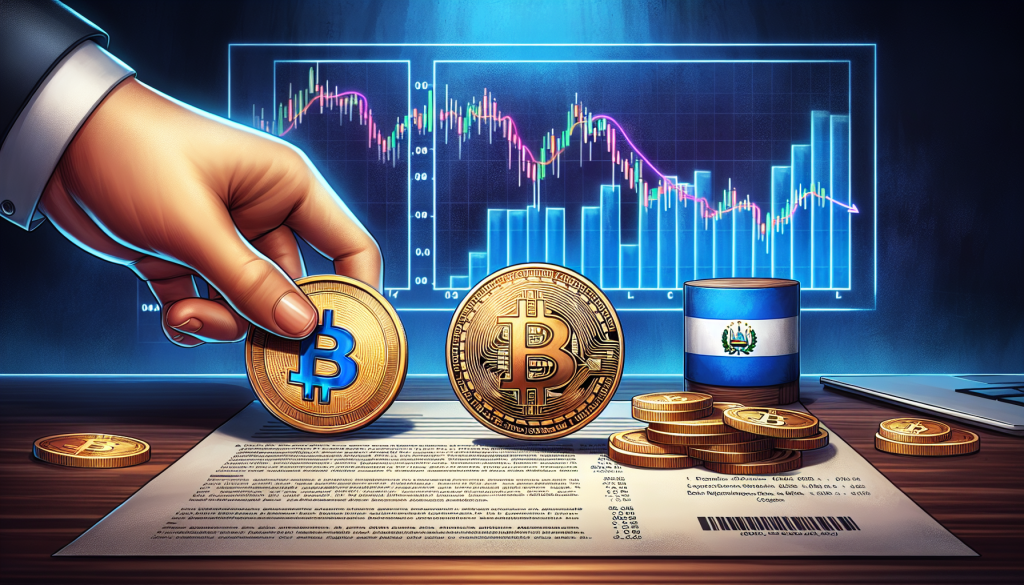Key Points
- El Salvador has reversed its decision to use Bitcoin as legal tender following pressure from the IMF.
- The nearly four-year experiment with Bitcoin in El Salvador has yielded mostly negative results.
El Salvador, the first country to make Bitcoin legal tender in 2021, has recently backtracked on this decision due to pressure from the International Monetary Fund (IMF). This article discusses the reasons behind this decision and the outcomes of El Salvador’s crypto experiment, which lasted almost four years.
The Crypto Journey of El Salvador
The 2021 law in El Salvador made Bitcoin legal tender, meaning it became mandatory for transactions. Merchants had to accept Bitcoin, and the government began collecting payments such as taxes and fees in Bitcoin.
To facilitate this, El Salvador launched the Chivo wallet, a government-backed mobile app designed to help Salvadorans transact with Bitcoin. However, the law did not affect the status of the U.S. dollar, which remained the official currency of El Salvador from 2001 to 2021. As a result, Salvadorans who did not want to use Bitcoin could still use USD for all transactions.
Despite President Nayib Bukele’s efforts, the law failed to convince many Salvadorans of its value. While the international crypto community praised the El Salvadoran law, the country’s residents protested against it, and many in the financial world criticized the legislation’s flaws.
The Outcomes of El Salvador’s Bitcoin Experiment
The period during which Bitcoin was legal tender in El Salvador has yielded mostly negative results, although some positives were noted. The 2021 Bitcoin adoption helped expose more people to cryptocurrencies and boosted tourism. However, Bitcoin failed to serve as a hedge against inflation in El Salvador. Issues such as its extreme volatility and technical difficulties with the Chivo wallet often deterred the public from using Bitcoin.
Furthermore, the Bitcoin law did not significantly improve financial inclusion. Most people in the country largely ignored the digital currency, and by 2024, a report indicated that 92% of Salvadorans did not use Bitcoin for transactions.
The Bitcoin adoption strategy had a key flaw in its timing. The law was enacted in 2021, a year after a major crypto rally fueled by Bitcoin’s halving. The sharp Bitcoin crash in 2022 only served to further discourage Salvadorans from using the currency.
The End of El Salvador’s Bitcoin Experiment
Since 2022, the International Monetary Fund has urged El Salvador to amend its Bitcoin law. In January 2025, the Salvadoran Congress agreed to revise the law in exchange for a $1.4 billion loan from the IMF.
One key condition for securing the loan was the removal of Bitcoin’s legal tender status in the country. While Bitcoin will remain legal for trade among Salvadorans, it will no longer be accepted for taxes or other government payments, and businesses will have the right to refuse Bitcoin payments.
The IMF loan will be disbursed over a period of 40 months, meaning these restrictions will be enforced over a three-year span, potentially leading to a long-term decline in Bitcoin’s role in the country.
Despite the shift in policy to secure the IMF loan, El Salvador’s government appears to maintain its pro-crypto stance. El Salvador’s Bitcoin Office reported purchasing a total of 12 BTC through two separate transactions, bringing the country’s total Bitcoin reserves to 6,068 BTC, valued at over $592 million at the time of writing.
